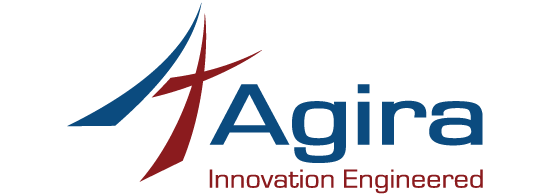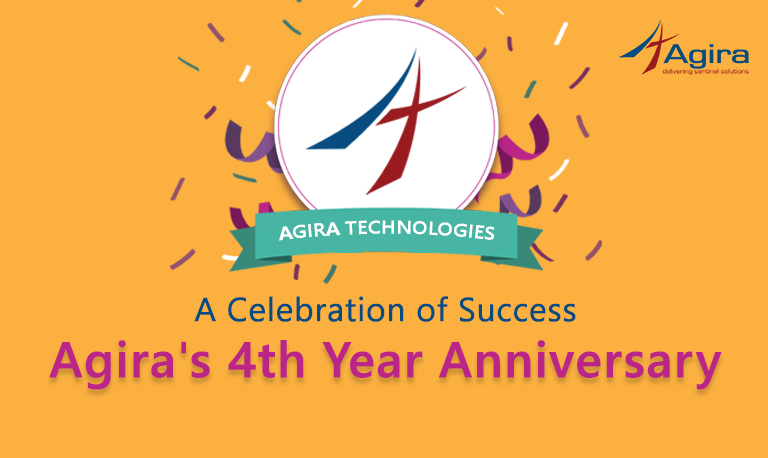Agile is helping the software development firms to deliver values to their customers. This Agile Development process will reduce a lot of headaches for you. It makes the Test-driven development more smooth, and consumable. The Agile development teams continuously evaluate the requirements, plans, and results so that the development team will have a natural mechanism and changes can be made easily and instantly.
What is Agile?
Agile methodology is a project management technique in the software development process. It is an incremental model. In agile development communication and collaborations plays an important role.
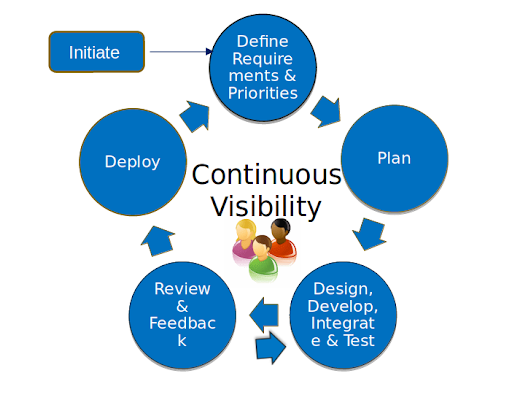
Agile Development Process
There are certain things you should follow for regular agile practice.
- Listen to your user stories from the customer.
- Draw a logical workflow model to gain an appreciation for the business decisions represented in the user story.
- Create new user stories based on the logical model.
- Develop some display prototypes.
- Using feedback from the prototypes and the logical workflow diagrams, develop the system until you create a physical data model.
Let’s take a look at the general Agile practices in the picture below
 Agile best practices to the rescue
Agile best practices to the rescue
- Nightly Builds – To avoid user affecting the duration of maintenance
- Continuous Integration – Code from the different development teams are pushed into an integration workflow. Within the continuous integration workflow, different types of testing typically occur to ensure code quality and security.
- Unit testing – It will avoid a lot of integration issues.
- Automatic Deployment – It helps both the developer and the entrepreneur to launch their products with added quality checks in lesser time. It also avoids manual errors made by the developer.
- Continuous Deployment – Incremental approach to application and features development. This notifies the developer by giving regular pushes to the development environment. Rather than taking loads of corrections in the final stage, time to time release will help the developers to work faster in short time period.
Agile Methods
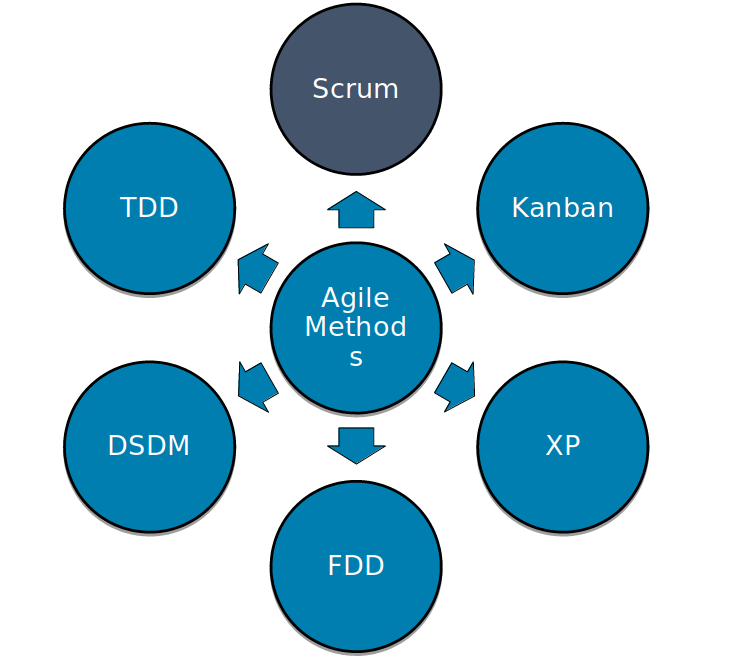
Scrum Methodology
Scrum is an agile process that allows businesses to deliver results efficient in a very less span of time.
Who are the Scrum Stakeholders?
There are three important stakeholders in Scrum,
Product owner
A Product owner is the one who takes care of the whole project. Maintaining release, collaborating teams, removing hurdles and ETC., He/She will be closely working with developers and other stakeholders. They act as a bridge between various stakeholders.
Scrum Master
A Scrum Master is responsible for coordinating and facilitating agile values among the team. The supervises the following responsibilities in the team
- Clearing obstacles
- Establishing an environment where the team can be effective
- Addresses team dynamics
- Ensuring a good relationship between the team and the product owner as well as others outside the team
- Protecting the team from outside interruptions and distractions
Development team
The members deliver the potential work for a releasable in an incremental delivery at the end of each sprint.
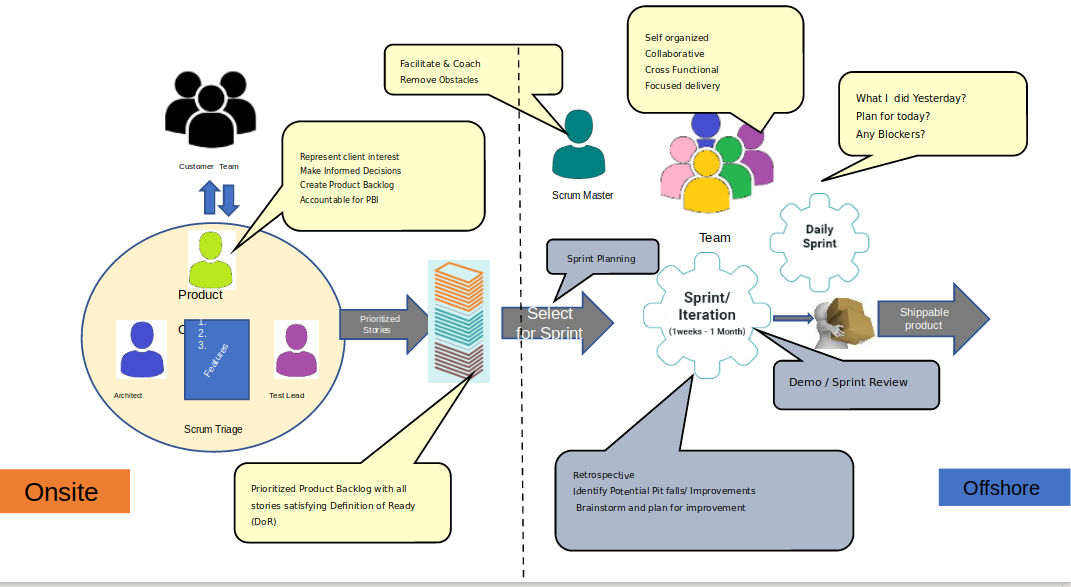
What is Sprint?
sprint is a prefixed time period for which specific work has to be completed and made ready for review. Each sprint will start with a sprint planning meeting. In this meeting, the product owner will give a request for work. For the requested data, the development team will analyze and estimate the work.
Sprint Planning Meeting
Every sprint starts with the planning meeting. In this meeting, all team members are involved. The product owner will give the product backlog and its priorities. Team members will determine how many and how the product backlog will be delivered. The scrum master will be agreeing with the product backlog to be delivered as a sprint backlog within an estimated time.
- Backlog must have enough requirements
- Requirements defined in just-enough detail
- Product Owner sets priority but it may change if necessary
- Break User Stories into tasks
- Tasks should be ideally no longer than 1 or 2 days
- Estimate in hours/Story Points
- The team commits to deliver the selected requirements
- The development team collaborates to create and maintain the sprint backlog
- Only the development team can modify the sprint backlog
- Every day updates give overall sprint progress.
Effort Estimation Meeting
All team members will come together to estimate the user story. It is an approach to perform relative estimation sizing and prioritizing the upcoming requirement, relative to requirements already delivered. Mostly it will be planned as Hours / Story points.
It typically uses “Planning Poker” Cards for this planning

Daily Standup Meeting
Daily 15-minute “stand-up” meetings can be held at a regular time every day.
By the end of this meeting, the members drive answers for the current sprint Goal questions such as,
- What tasks were completed yesterday?
- What are the tasks and who will be doing what today?
- What are the Risks/Blockers that would affect productivity?
Sprint Review Meeting
Every sprint ends with a sprint review meeting. Usually, there will be a demo given by the team members, and feedback on the demo will be given by the stakeholders. Other important factors will also be considered and discussed.
- Inspect the Increment and adapt the Product Backlog.
- Collaborate on the next things that could be done to optimize value.
- Sprint Demo
Sprint Demo occurs at the end of an iteration. Members delivery what has been developed during the iteration. This creates an opportunity to provide early value.
Sprint Retrospective Meeting
In each sprint, there should be a retrospective meeting have to be taken. For incremental improvement of the team in product delivery.
- Held to feed improvements before the Next Iteration
- Discuss: What went well? What could have been better? What has to be done next?
- Prioritize the changes and create actions for the next Sprint/Iteration
Over to you
Agile is one of the most popular methodologies in project management. It has become a regular task in software development. To be effective teams you need to have appropriate cultural and technical skills. With Agile best practices in place, you will be able to continuously deliver valuable software.
And that’s why we do it well!
Agira Technology practices all the best possibilities in Agile development for all the software developments. If you are having an amazing business idea? Why not make it a reality. Hire a dedicated developer Now!
Like this Blog? Get more such interesting content by subscribing to our blog.
